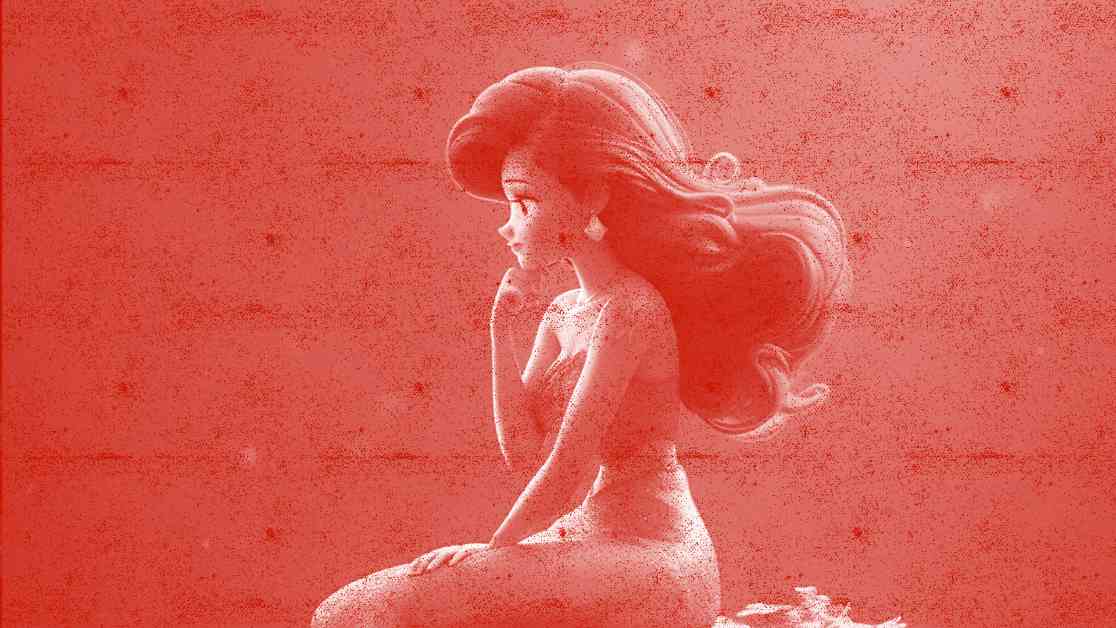Uncovering Stereotypes in Films: Tokenism and Its Impact
The world of cinema is a powerful medium that has the ability to shape perceptions and influence societal norms. However, the representation of marginalized groups in films has been a longstanding issue that needs to be addressed. Tokenism and stereotypes in films have far-reaching consequences that perpetuate harmful biases and limit the diverse storytelling potential of the industry.
Tokenism and Stereotypes in Film
Tokenism is the practice of including a token character from a marginalized group to create an illusion of diversity. This is often seen in Western films, where characters of color are relegated to comedic relief or meet untimely ends. Stereotypes, on the other hand, are preconceived notions about how certain groups will behave based on their identity, such as portraying Arabs as terrorists. These stereotypes lead to typecasting, where actors are confined to roles that reflect the stereotypes of their group.
Challenges in Casting
The casting process often overlooks the backgrounds of characters, leading to instances where white actors portray characters of color. For example, Elizabeth Taylor as Cleopatra or Liam Neeson as Ra’s al Ghul. In Indonesia, similar issues exist in films like “Marlina the Murderer in Four Acts,” where Marsha Timothy portrays a woman from rural Sumba despite her diverse background. Finding suitable actors for roles is a complex yet essential process that requires careful consideration.
Positive Changes in Representation
Despite these challenges, there is hope for positive change. Some Western films are starting to feature more diverse characters that break stereotypes. Characters like Peter Dinklage in “Game of Thrones” and Sandra Bullock in “Gravity” challenge conventional norms. “Black Panther” has shown that films with predominantly black actors can be immensely successful.
Diversity in the Indonesian Film Industry
The Indonesian film industry is also evolving, striving to cast actors who authentically reflect the backgrounds of their characters. Films like “Ziarah” and “Roma” have successfully engaged actors who embody the essence of their roles.
A Bright Future Ahead
The future of cinema holds promise, with Western markets becoming more receptive to diverse narratives and audiences embracing films with subtitles. The inclusion of diverse characters like Peter Dinklage in “Game of Thrones,” Sandra Bullock in “Gravity,” and “Black Panther” is reshaping representation in film.
The Power of Positive Representation
Positive representation plays a crucial role in combating harmful stereotypes and reshaping societal perceptions. It also creates positive role models for future generations. Through positive representation, children of color can aspire to be anything they dream of.
The Importance of Good Representation
Despite the challenges, good representation in film is key to fostering a more inclusive society. Films serve as a reflection of society, and all layers of society need to see that other groups are fellow human beings with valuable stories to share.
In reality, differences do not always lead to inequality. Good representation is the foundation for peace among human beings.






















